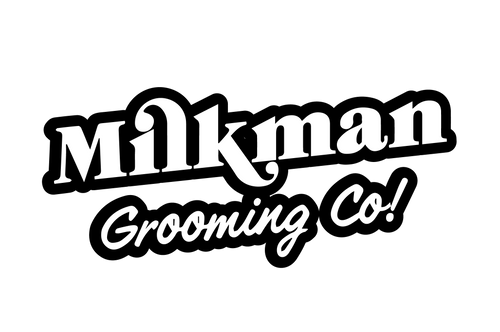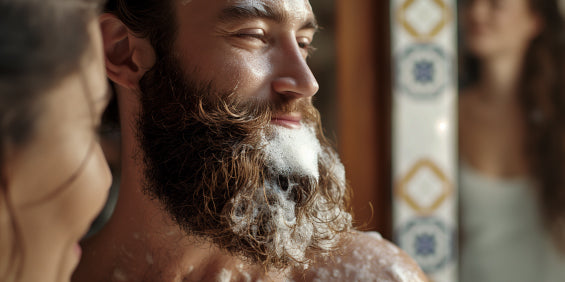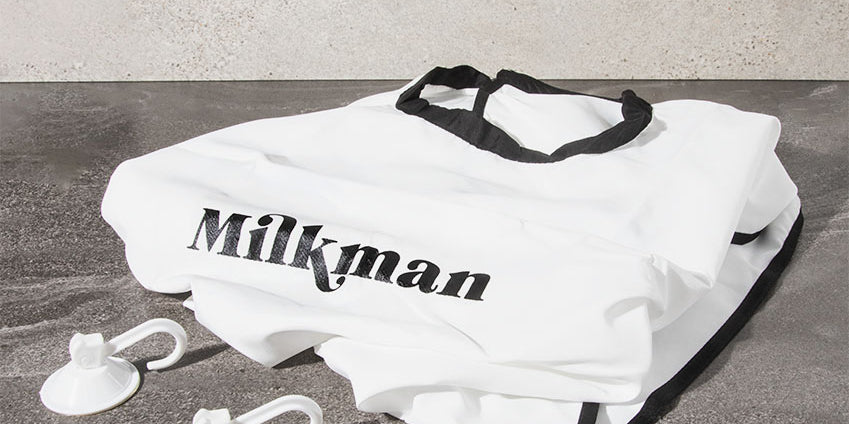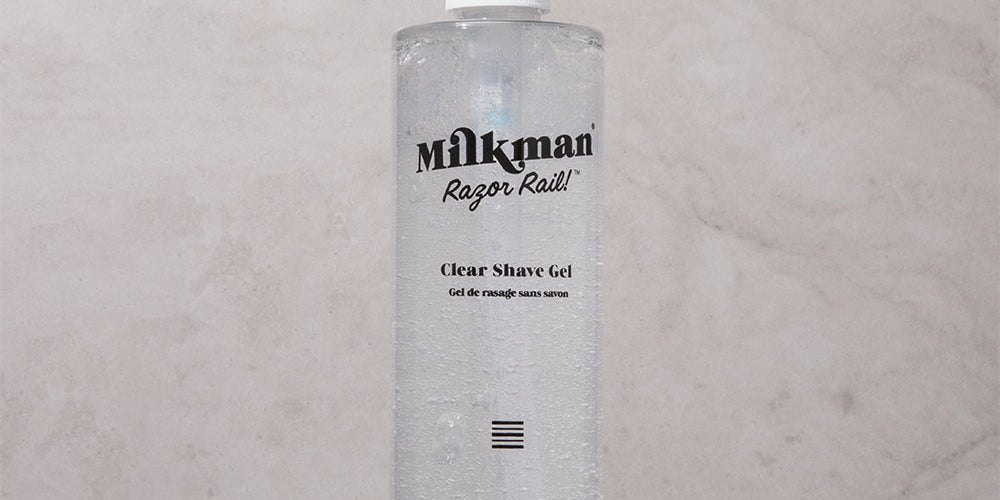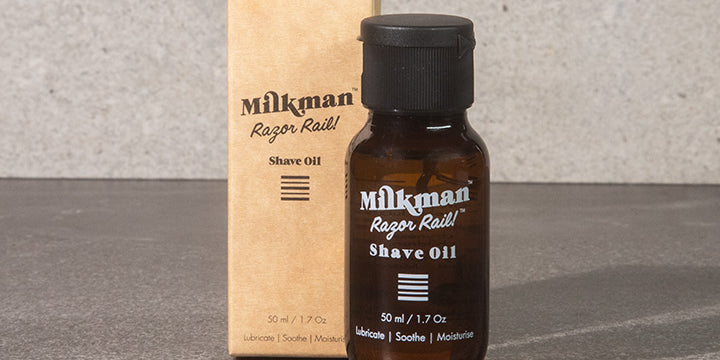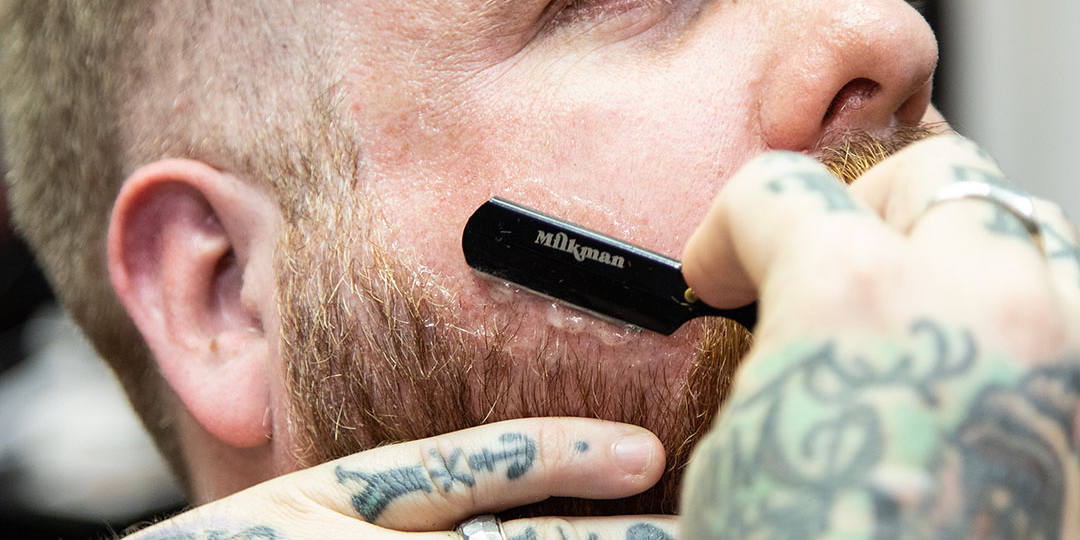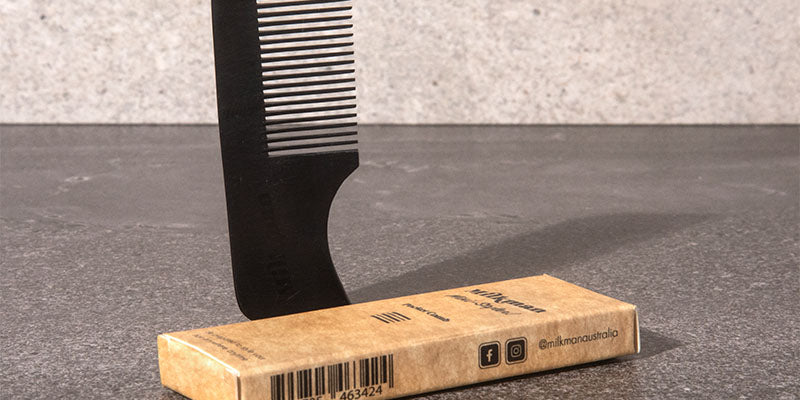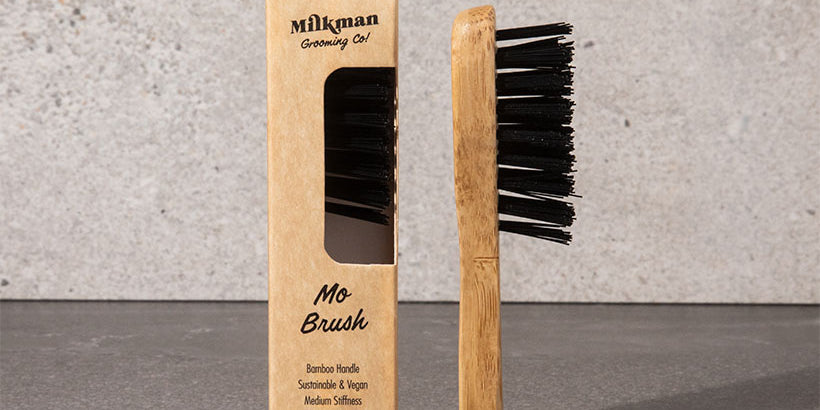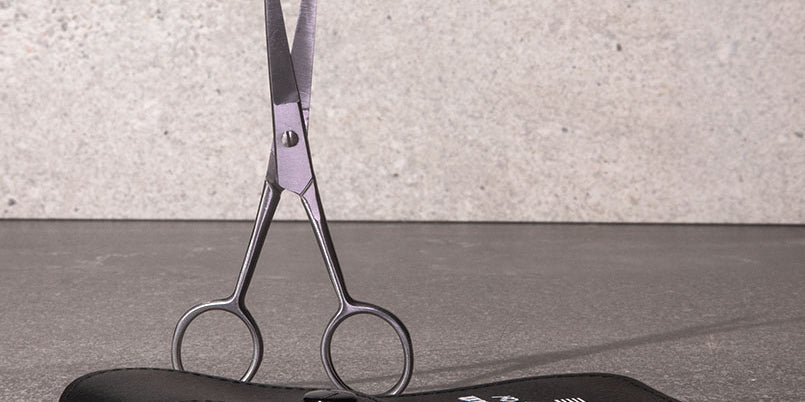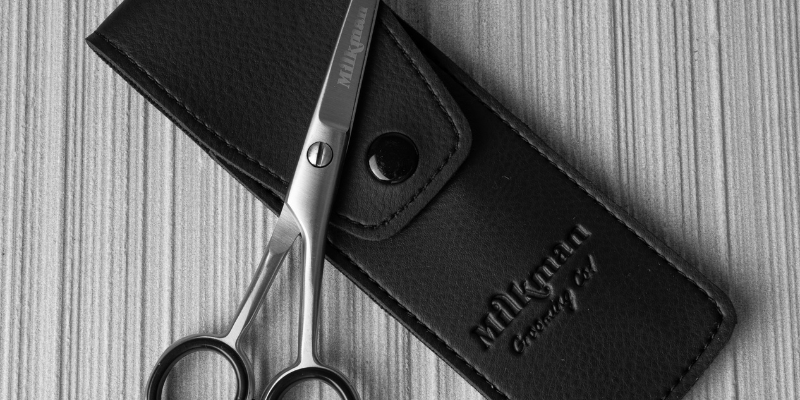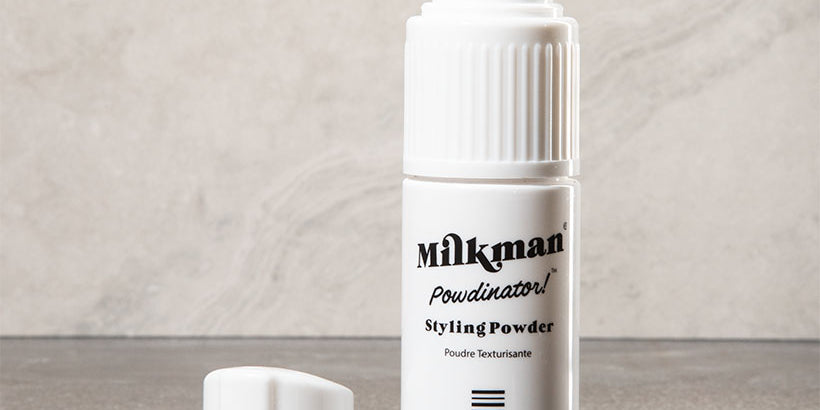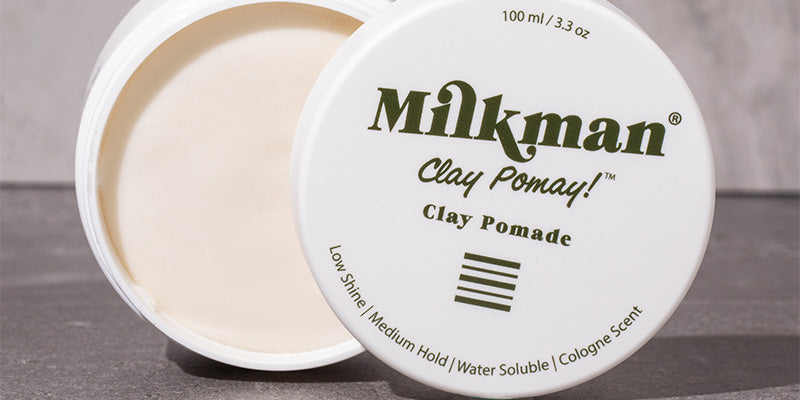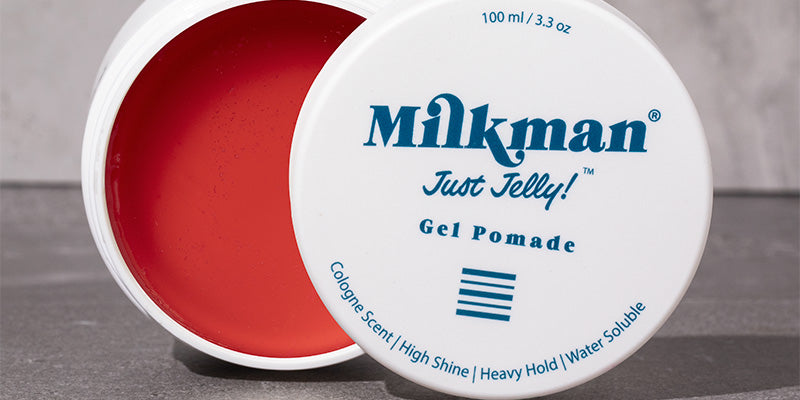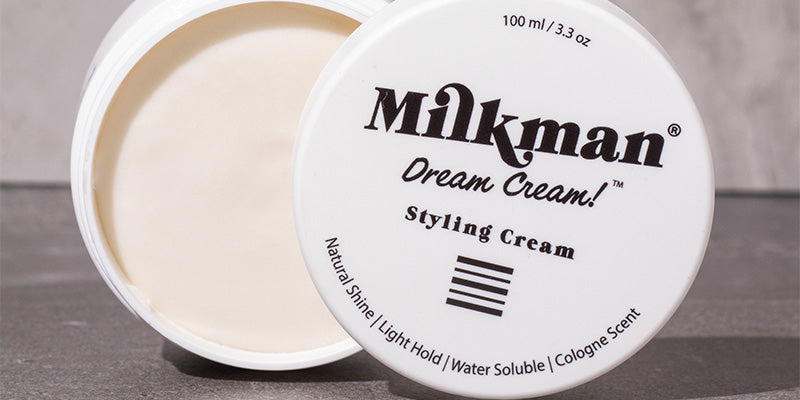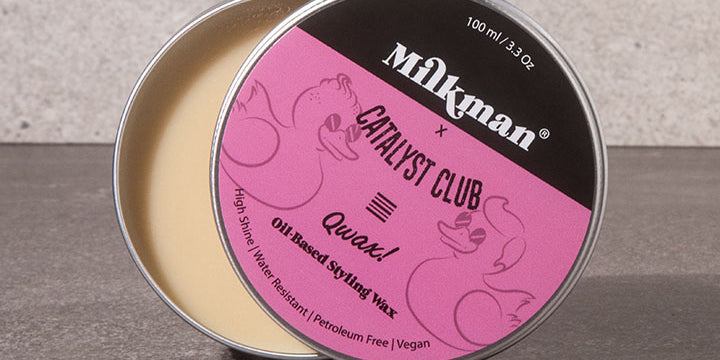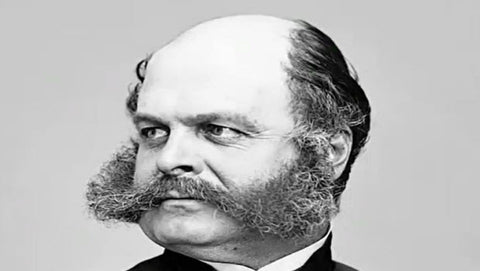
Beards have been a huge part of human history. Our prehistoric ancestors wore beards to intimidate (a beard suggested a stronger jaw line) and for warmth and protection (not to mention that razors had not been invented yet!). Even today, beards are worn by many over the world to denote masculinity, power, status and even royalty.
Beard products are not a new invention of the last few decades ... in fact, even the ancients applied lotions and potions to their beards for different purposes and end results...
- Ancient Egyptians used henna and other strong dyes to colour their beards anything from reddish brown to very dark brown.
- Ancient Mesopotamians (in modern day Iraq) took very good and precise care of their beards, taking great pride in the end result. They used specifically intended beard oil to keep the hair looking healthy, smelling fragrant, and feeling soft. They also fashioned and styled their beards: ancient curling irons were used to create tiers, frizzles, and ringlets in what had to have been long and lustrous beards.
- Ancient Assyrians dyed their beards black whilst ancient persians dyed them auburn.
- Native Americans have used beard oil made from castor oil, almond oil, or grape seed oil for centuries. Though beards are not commonly associated with this race of people, those who did grow beards took good care of them – the oil helping to keep them moisturised and protecting the underlying skin from the elements.
- Moustache wax is a facial hair product which many men have used religiously over the past century and a half and even longer. It is basically a stiff pomade which tames that helps to set the moustache hairs in place – like a woman uses hairspray, men with particular moustache styles must use moustache wax, a la Hercule Poirot! The required strength and thickness of the wax is dependent upon the length of the whiskers and the style desired. Natural moustache wax can contain things like beeswax, cocoa butter, coconut oil, tallow, pine resin or gum Arabic, and scented oils.

